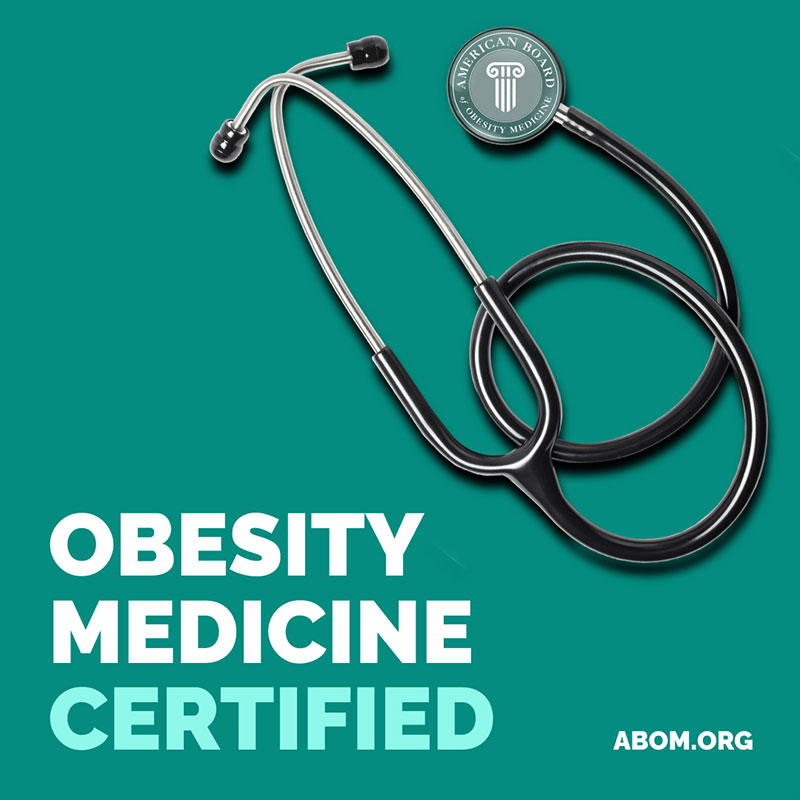Post Operative Care
Dr. Machado is one of the most experienced surgeons in the region for bariatric revisions. Revisional bariatric surgery requires careful evaluation and is approached on an individual basis, considering both the integrity of the initial procedure and how well it’s currently functioning. As surgical techniques advance, improved methods may bring additional benefits to patients who feel their original surgery has “changed” over the years.
Sacramento Bariatric Medical Associates provides long-term postoperative care to all patients, regardless of where their initial surgery was performed. When patients change insurance carriers or relocate, maintaining access to specialized bariatric care and expertise is critical for ongoing success.
To learn more, join Dr. Machado for a free informational webinar or call our office at 916-338-7200.

What is bariatric revisional surgery
Revisional bariatric surgery refers to procedures performed on patients who have already undergone weight-loss surgery. These operations address complications, insufficient weight loss, or significant weight regain after the initial procedure. Revisional surgery restores the effects of the original bariatric procedure to achieve continued weight loss and improved health. While often more complex than the original surgery, our experienced surgical team has the expertise to perform these procedures successfully.
Why it’s done
All weight loss surgery revisions are different, so our team assesses each patient individually to determine the best possible long-term outcome. Common reasons patients seek revisional surgery include:
- Weight regain or inability to lose sufficient weight
- Restriction failure due to pouch or connection stretching
- Breakdown of staples causing fistula
- Stricture or ulcer formation
- Recurrence of diabetes or hypertension
- Bleeding or intestinal obstruction
- Band-related complications (slippage, erosion, port problems)
- Severe gastroesophageal reflux disease (GERD)
- Malnutrition or vitamin deficiencies
- Persistent side effects like chronic diarrhea or vomiting
Our approach
Our surgical specialists are trained in the newest innovations in bariatric surgery. The evaluation and assessment process is extremely important in determining the revision approach based on anatomic considerations identified during diagnostic workup. We use advanced technologies and minimally invasive techniques for enhanced precision, flexibility, and control.
Benefits
Revisional surgery offers several potential advantages:
Renewed Weight Loss: Provides a second chance for significant and sustained weight loss for patients who haven’t achieved their goals or have regained weight.
Resolution of Complications: Corrects underlying anatomical issues causing pain, discomfort, or serious health problems.
Improvement of Comorbidities: Can lead to improvement or resolution of weight-related conditions such as type 2 diabetes, high blood pressure, and sleep apnea.
Types
Our team offers several minimally invasive revisional options, providing fewer complications, reduced pain, and shorter recovery time:
Lap-Band Conversions: Converting to sleeve gastrectomy or gastric bypass for patients with band complications or inadequate weight loss.
Sleeve Gastrectomy Revisions: Converting stretched sleeve to gastric bypass, especially for patients with severe GERD.
Gastric Bypass Revisions: Addressing stretched stomach pouch or enlarged connections, potentially lengthening the Roux limb to decrease nutrient absorption.
The specific method depends on individual circumstances and is tailored to your needs and goals. Dr. Machado will discuss all options with you during consultation.
Risk factors
Revisional surgery carries both short-term and long-term considerations that should be thoroughly discussed with Dr. Machado:
- Increased Complexity: More technically demanding due to scar tissue from previous surgery
- Higher Complication Rates: Similar risks to initial surgery, including bleeding, infection, blood clots, gastrointestinal leaks, and vitamin deficiencies
- Potential for Less Weight Loss: May result in less overall weight loss compared to the original procedure
- Need for Further Revisions: Does not guarantee a permanent solution; some patients may require additional interventions
Recovery
Minimally invasive techniques significantly reduce recovery time compared to open surgeries. Return to home and work varies according to your physical condition and work requirements. Our comprehensive team provides ongoing support throughout your recovery process.



